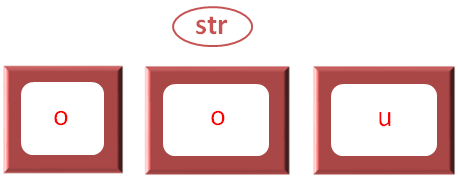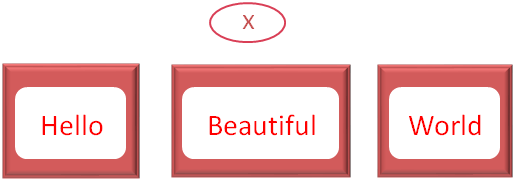

There are five functions in that we use commonly.
Let us see them in detail :
"Cool Guy"
'u|o'
fun main() {
var str = "Cool Guy"
var x = Regex("u|o")
val match = x.findAll(str)
match.forEach { word -> println("The string has : "+word.value) }
if (x.containsMatchIn(str)) {
println("Found a match")
}
else {
println("Did not find a match")
}
}
var x = Regex("u|o")val match = x.findAll(str)
var str = "Cool Guy"
The string has : o The string has : o The string has : u

fun main() {
var str = "Cool Guy"
var x = Regex("u|o")
val match = x.find(str)
println("The Match Result is : "+match)
if (x.containsMatchIn(str)) {
println("Found a match")
}
else {
println("Did not find a match")
}
}
kotlin.text.MatcherMatchResult@6cd8737
match='o'
fun main() {
var str = "Cool Guy"
var x = Regex("u|o")
val match = x.find(str)
if (match != null) {
println("The Match Result is : "+match.value)
}
if (x.containsMatchIn(str)) {
println("Found a match")
}
else {
println("Did not find a match")
}
}
val match = x.find(str)
println("The Match Result is : "+match.value)"Hello Beautiful World"
fun main() {
var str = "Hello Beautiful World"
var x = Regex("\\s")
val match = x.split(str)
match.forEach { word -> println("The string has : "+word) }
}
var x = Regex("\\s")val match = x.split(str)
match.forEach { word -> println("The string has : "+word) }The string has : Hello The string has : Beautiful The string has : World

"Hello Beautiful World"
"Hello:Beautiful:World"
fun main() {
var str = "Hello Beautiful World"
var x = Regex("\\s")
val match = x.replace(str, ":")
println("The new String is : "+match)
}
var x = Regex("\\s")val match = x.replace(str, ":")
The new String is : Hello:Beautiful:World